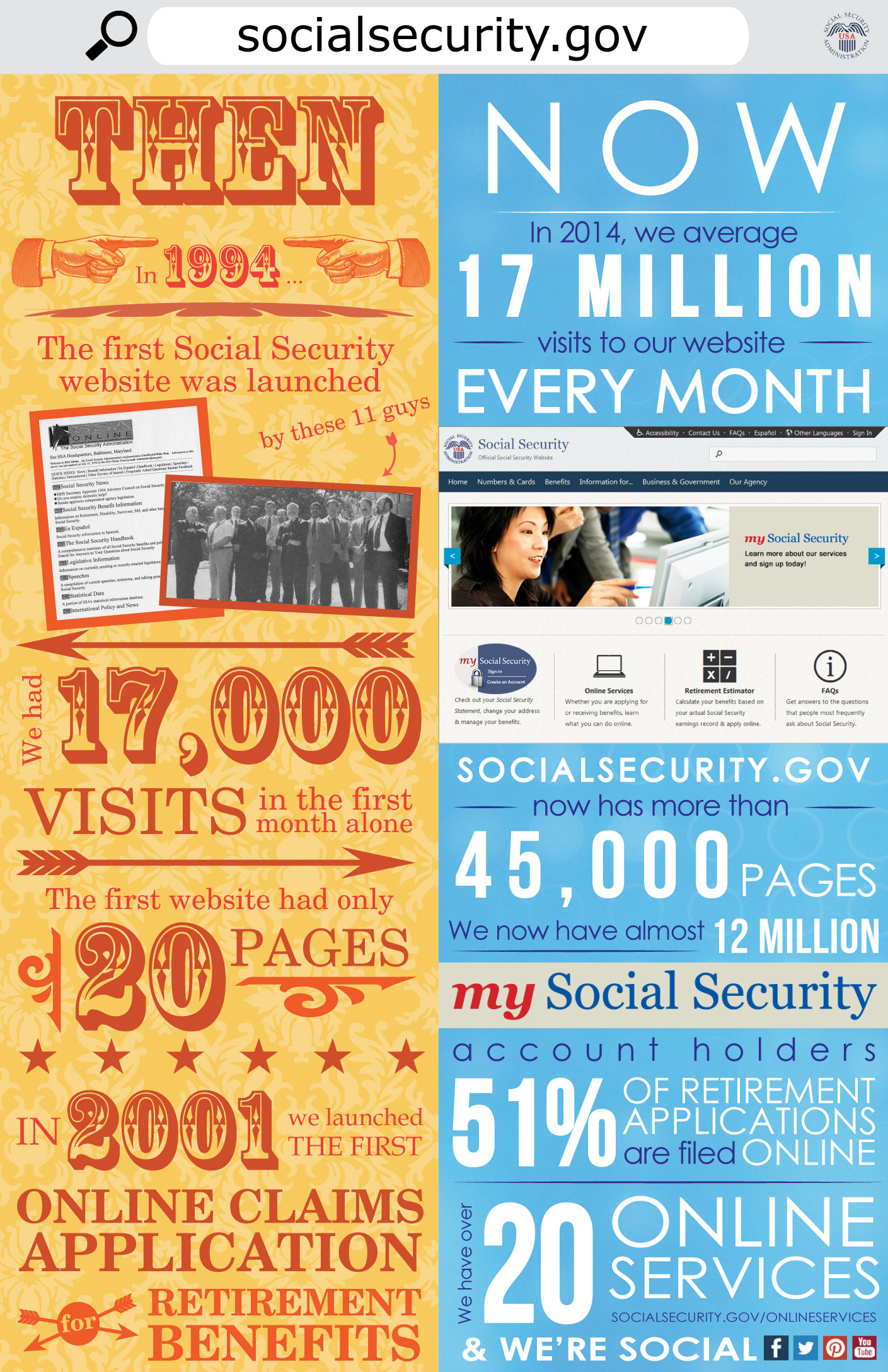A
television station in Nyack, NY reports on a woman who had to go through a long fight to get approved for Social Security disability benefits but didn't receive her back benefits until seven months later and then only after the television station started asking questions. Of course, all this delay caused the poor, sick woman great financial problems.
I don't know enough about the case to say what happened but I can say the most common cause for this sort of delay is what I call a phantom windfall offset. At the very beginning, when the claimant first contacts Social Security, the field office takes both a claim for Disability Insurance Benefits (DIB) and Supplemental Security Income (SSI). The SSI claim is quickly denied because of excess income or resources. There was no point in the claimant ever filing the claim except that the field office is assigned staff based in part on how many claims they take so they have an incentive to take useless SSI claims. (Yes, I've heard field office staff say, no, they're just trying to protect claimants but I'm not buying it.) Even though it's been denied, the SSI claim remains active in Social Security's computer system. Once the DIB claim is approved, the back DIB benefits aren't paid because the payment center is waiting to find out how much SSI was paid. However, there's no action on the SSI since it was long since denied. The payment center just does nothing. The field office which would implement the SSI if it were being paid and which is supposed to tell the payment center if no SSI is being paid does nothing. Maybe somebody at Social Security realizes there's a problem and resolves it. Maybe nothing happens until the claimant complains. Maybe nothing happens even if the claimant does complain because everybody is so busy. How often do phantom windfall offsets happen? I'd guess a few hundred thousand times a year. Social Security certainly knows about the problem. Why can't they get it fixed? Everybody is just so busy. Problems that cause delays in benefit payments aren't nearly so important as the pointless search for another Eric Conn. (Hint to Social Security: There isn't another Eric Conn out there.)

